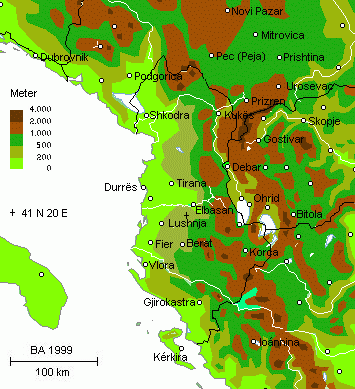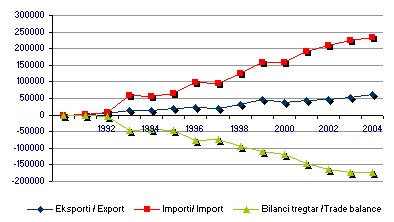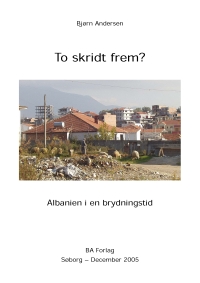Sidste Nyt fra Albanien, Kosóva og Makedonien
The Latest News from Albania, Kosóva and Macedonia
# 296 - 8' årgang - 24.03.2006
Version 1.1 •
PDF for printing •
Info om »Sidste Nyt«
Udgiver:
Bjørn Andersen
Publisher:
Bjoern Andersen

Mjaft har holdt 3 års fødselsdag. US Ambassadør Marcie Ries var tilstede:
![]()
















